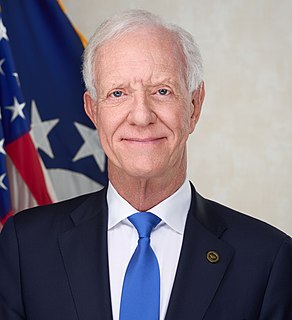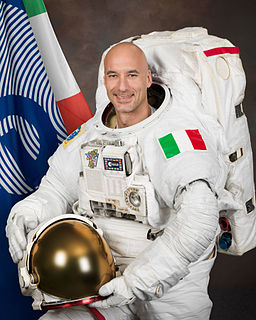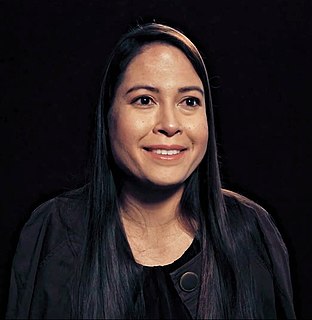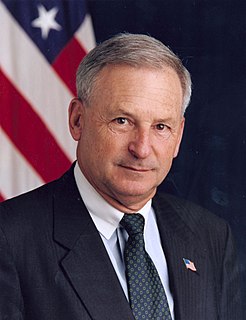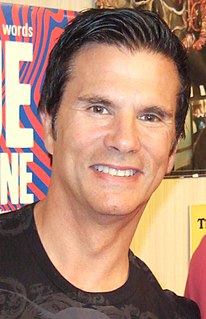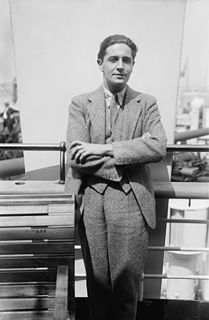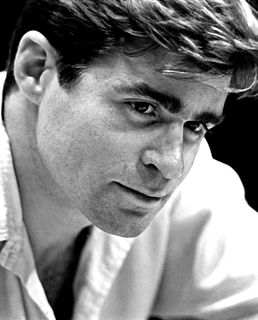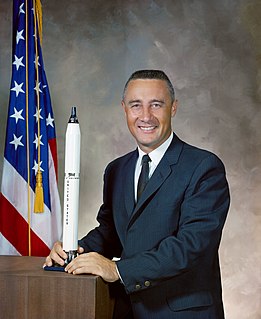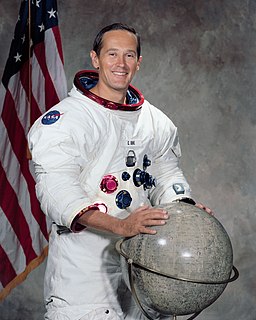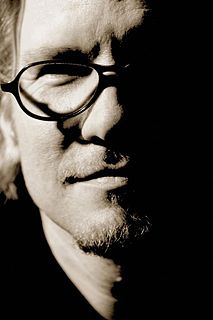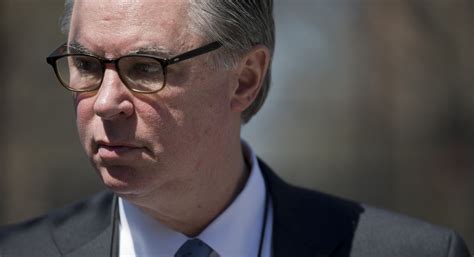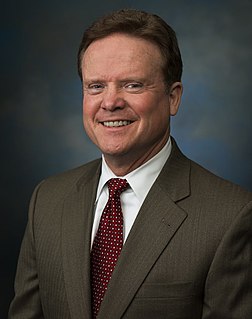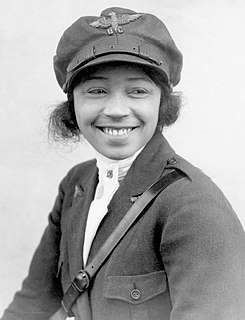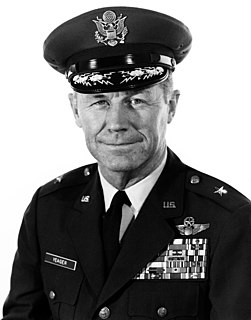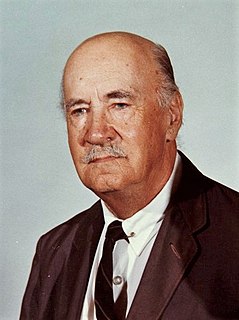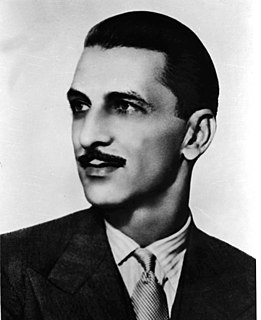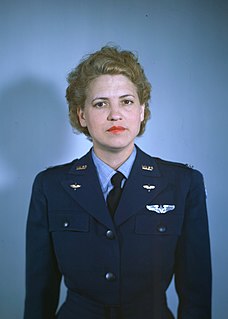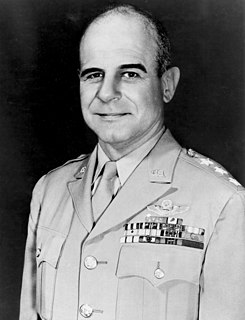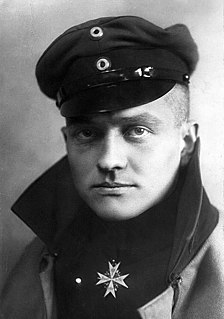A Quote by Chesley Sullenberger
After high school in 1969, I was appointed to the Air Force Academy. In '73, I studied for my postgraduate degree and became a USAF pilot in 1974. After my discharge in 1980, I became a commercial pilot and flew my first airline flight at Pacific Southwest Airlines in 1980.
Related Quotes
If you would've asked me about getting a pilot's license before 2005, I'd say you were crazy. After I graduated college, a fighter pilot asked me if I wanted to go up on a flight in a single-engine plane. I always had a fear about being in an airplane, but I took this opportunity to go up on my first flight in a single-engine rather than a big commercial plane I was accustomed to. I was hooked and made a commitment to become a pilot. I wanted to motivate others to not let fear stand in the way of their opportunities.
The pilot is still the pilot, whether he is at a remote console or on the flight deck. With the potential for thousands of these unmanned aircraft in use years from now, the standards for pilot training need to be set high to ensure that those on the ground and other users of the airspace are not put in jeopardy.
I started piano lessons at age six but didn't take music seriously until I was a teenager, when I thought about a career in music. I studied classical music, and my instruments were guitar and piano. I played keyboards in bands, and after high school I went to Vienna to study at the Academy of Music. I also became a session player, which culminated in my work with Tangerine Dream.
The first thing I did after getting a Master's degree - and the Air Force was very kind; they let me stay on at school to get a Master's - I went to Denver for the Armed Forces Air Intelligence School, six months. Fundamentally, we had a major effort on in Southeast Asia, and this was training folks to support that effort.
I did not know much history when I became a bombardier in the U.S. Air Force in World War II. Only after the War did I see that we, like the Nazis, had committed atrocities... Hiroshima, Nagasaki, Dresden, my own bombing missions. And when I studied history after the War, I learned from reading on my own, not from my university classes, about the history of U.S. expansion and imperialism.
